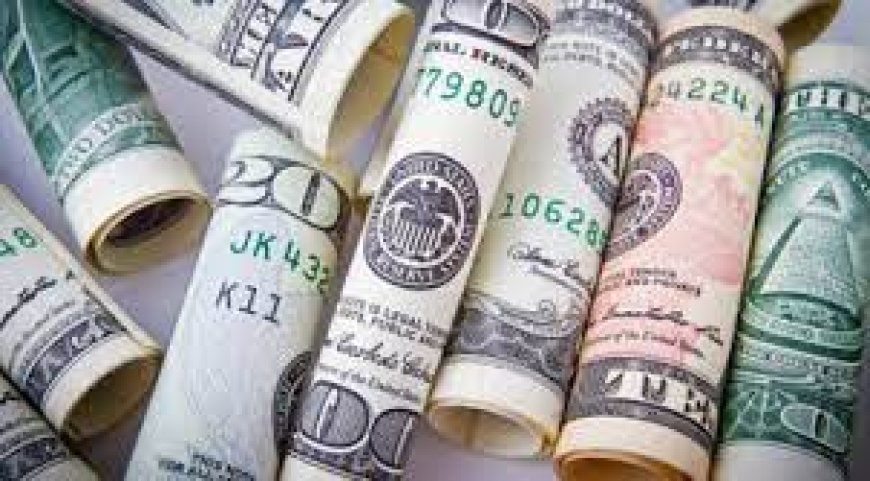Expatriate income collapses in Hundi's paw
Hundi is at the root of expatriate income collapse. Expatriates take the cover of hundi instead of legitimate banking channels when they get a little more money against the dollar

Hundi is at the root of expatriate income collapse. Expatriates take the cover of hundi instead of legitimate banking channels when they get a little more money against the dollar. As a result, the arrival of expatriates in the banking channel is reduced. In the analysis of the remittance flow data of Bangladesh Bank, it can be seen that in the month of September, the remittance suddenly dropped to 153 million 96 million dollars. In the month of October, it further decreased to 152 million 55 million dollars. But this year started with good remittances. Remittances came in at $209.63 million in July, and $203.70 million in August.
At this time, there was an incident like fixing the value of dollars sent by expatriates. The top leaders of Association of Bankers Bangladesh (ABB) and Bangladesh Foreign Exchange Authorized Dealers Association (BAFEDA) in a meeting on September 11 fixed the maximum price of dollars sent by expatriates at Tk 108. At this time, the maximum price per dollar of export income is fixed at 99 taka.

Economists and market analysts say that due to this price fixing, the control of the dollar goes to the hands of the hundi market. They say that earlier expatriates bought dollars as they wished due to the control of the dollar value in the market. As a result, the commercial banks have bought, and in the Hundi market, they have bought dollars at the same price as themselves. When the dollar rate was pegged, banks could no longer buy dollars above the fixed rate. On the other hand, the Hundi market bought more than the fixed price of the dollar. As a result, on the one hand, the banks have lost control over the purchase of dollars, and on the other hand, the Hundi market has gained absolute dominance. This has an impact on foreign earnings for the month of September.
A peg to the dollar has played a role in the collapse of expatriate income. Expatriates have taken the shade of hundi to get a little more money, said the former chief economist of World Bank's Dhaka office. Zahid Hossain. He told BanglaNews that in the first 15 days of September, the expatriate income was one billion dollars. In the last 15 days, it fell to 500 million dollars.
Apart from fixing the value of the dollar, there was no such thing as a reduction in foreign exchange during the month of September. Analyzing the number of people who emigrated during this period and the economic conditions of the countries they migrated to, there was a logical reason for the increase in emigration. Instead of the banking channel, it has taken the shadow of Hundi, said the economist.
Zahid Hossain also said that during this time, almost eighty percent of the people going abroad went to Saudi Arabia, Kuwait, Oman and all these surrounding countries. All these countries did not have to fall into negative situations due to fighting or other reasons. Rather, this country is the beneficiary. Inflation is low in this country, cost of living is low. As a result, foreign earnings were not expected to increase. But that didn't happen. The main reason behind this is to fix the dollar value of expatriate income.
The following months of September and October saw a slight increase in expats. According to the data of Bangladesh Bank, foreign income in November was 159 million 47 million dollars. December is on the rise for the first time. It is possible that some banks are not complying with the prices fixed by the Federa in buying dollars of expatriate income. Despite this, quite a few banks are still complying with the guidelines of the Fed. As a result, all these bank dollars are patchy. In the future, the bank's dollar crisis does not seem likely to reduce soon, added the former economist of the World Bank's cover office.
In order to increase expatriate income, the economist advises leaving the dollar value of expatriate income to the market and increasing cash incentives. Incentives at 2.5% rate, making money transfer fee free, making remittances simple and using mobile banking will take some work in the system of foreign remittances. However, he thinks that the award will not have any impact on the foreign income for now.
What's Your Reaction?









































